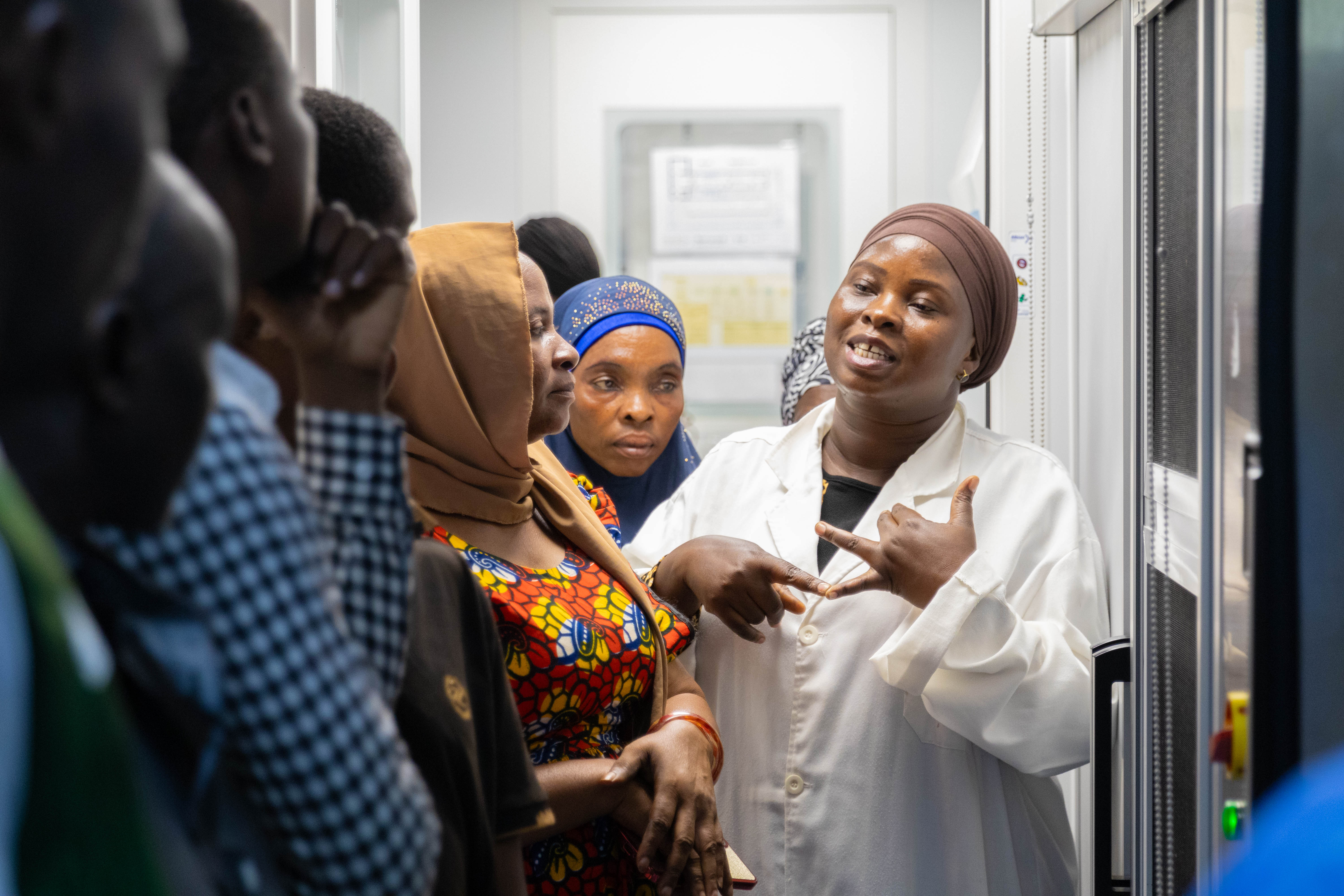
MALARIA INNOVATIONS: Keeping communities onboard, engaged

The Ifakara Health Institute, through its Transmission Zero project, recently welcomed community members to its laboratory for an interactive session on malaria control innovations being developed at the facility on the 13th of February 2025.
The visit aimed to enhance public awareness of the project’s groundbreaking research, including the use of genetically modified mosquitoes in the fight against malaria.
The event brought together local government representatives and community members from Chalinze, Pwani, fostering direct engagement between researchers and the people most affected by malaria. By strengthening this relationship, the project aims to ensure that community voices are heard and incorporated into malaria control strategies.
Fostering dialogue, collaboration
During the engagement, discussions centered on ongoing Transmission Zero activities within the participants’ communities. The session provided an opportunity to explore strategies for greater local involvement in malaria research and innovative control measures.
The team also emphasized ethical considerations, including informed consent, cultural sensitivity, and responsible knowledge sharing, to ensure that the research aligns with community values.
Empowering communities for long-term impact
This initiative is expected to increase awareness and acceptance of Transmission Zero’s work, paving the way for stronger community participation in future research and interventions. By fostering collaboration between scientists and local populations, the project is building a foundation for more effective and sustainable malaria control solutions.
About Transmission Zero
Transmission Zero is an international research program involving partners from Tanzania, including the Ifakara Health Institute and the National Institute of Medical Research, as well as researchers from Imperial College London in the United Kingdom. The program focuses on developing gene drives designed to modify the genetic makeup of disease vector populations—specifically, rendering mosquitoes incapable of transmitting the deadly malaria parasite to humans.
Find out more about this game-changing innovation here
